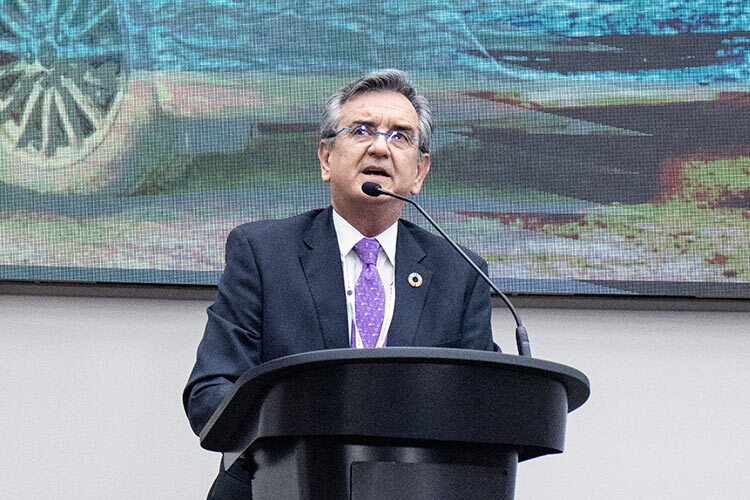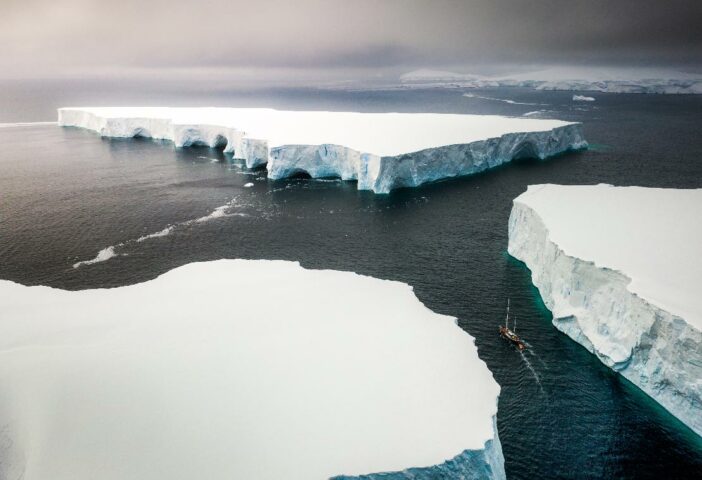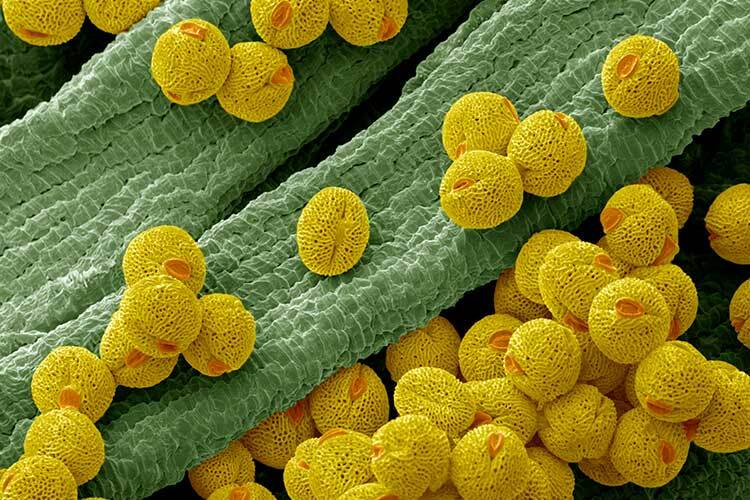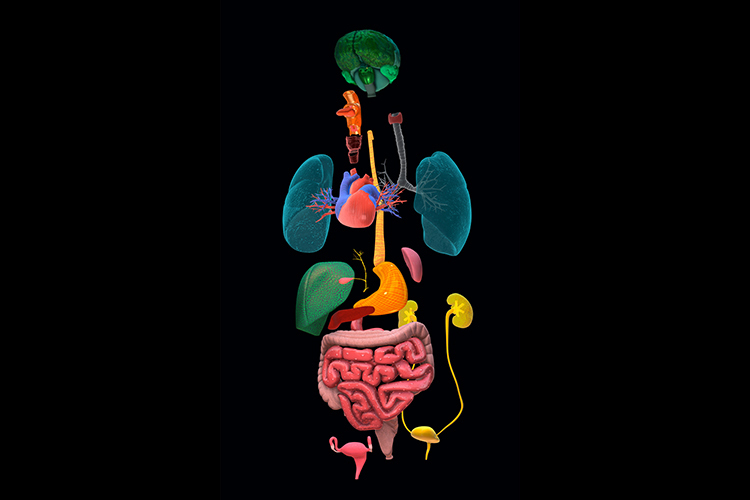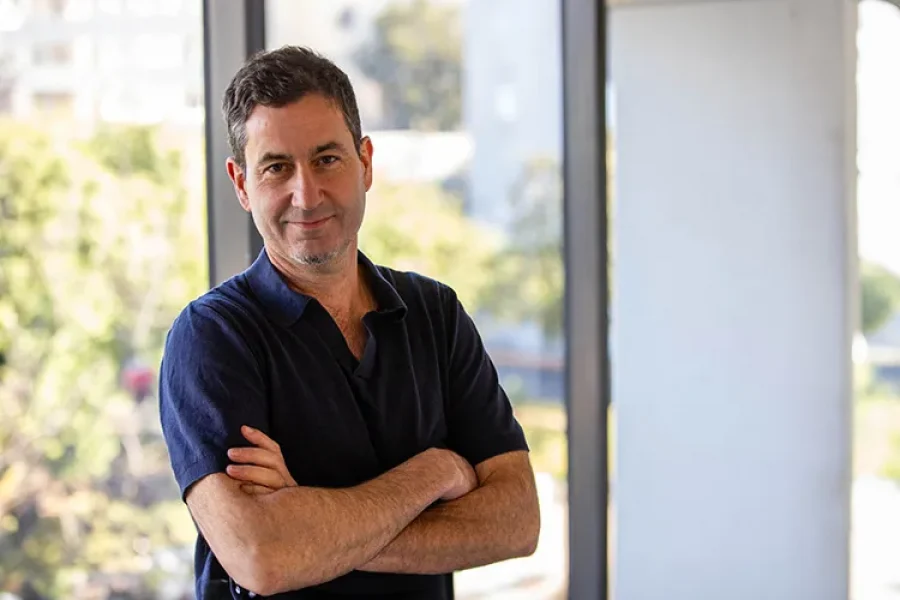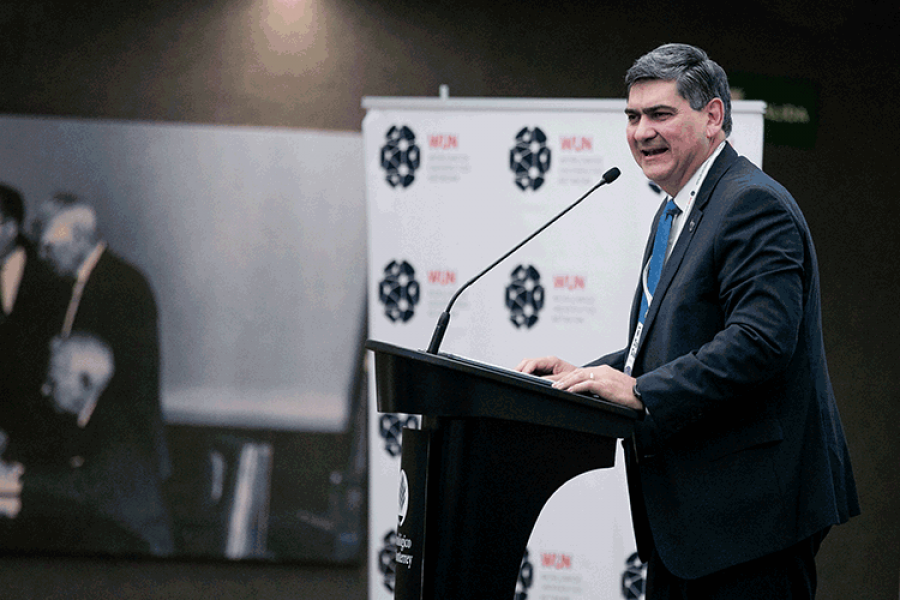Rodolfo Lacy Tamayo, Director for Climate Action and Environment for Latin America at the Organisation for Economic Co-operation and Development (OECD), states that 6.5 million hectares of biodiversity are lost every year, and that 85% of the planet’s wetlands have disappeared since 1970.
The extinction of 60% of vertebrate fauna diversity and 70% of insect species have also been added to the list of biodiversity loss that started five decades ago.
99% of reefs, considered the most biodiverse ecosystems on the planet, are also expected to disappear in the coming years.
“If we keep changing our ecosystem, we will have more pandemics, and we don’t know what kind of pandemics we will generate in the future,” says the environmental science and engineering expert during the Annual General Meeting of the Worldwide Universities Network (WUN 2023).
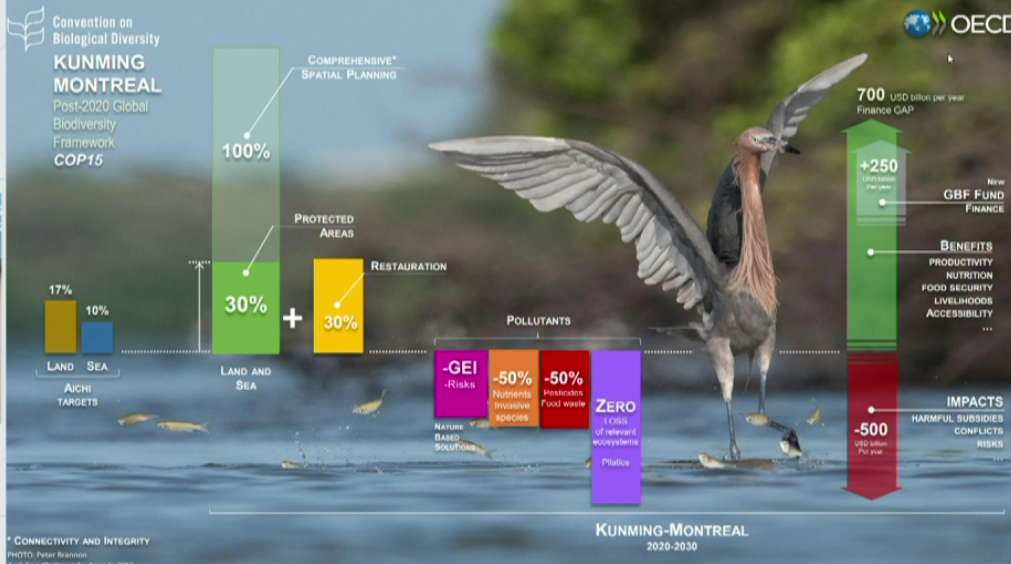
Zoonotic diseases
Lacy also warns that human interference with biodiversity creates conditions for pathogens to pass from animals to humans more easily. In fact, scientists estimate that zoonotic diseases will represent three quarters of the illnesses that humanity will have to face in the future.
Lacy mentions that it is essential for universities to participate in developing research on complex issues to tackle this “unprecedented environmental crisis.”
Guaranteeing the protection of at least 30% of all ecosystems, achieving their comprehensive management, and restoring degraded areas are some of the proposals that the OECD official suggests.
“It is also necessary for protected ecosystems to capture greenhouse gases, in addition to reducing the presence of plastics and pesticides to zero,” says the expert.
Although the most recent OECD report The Short and Winding Road to 2030 tracks the progress of compliance with the 17 Sustainable Development Goals, underpinned by 169 Targets, the international organization warns that only a quarter of these targets is about to be achieved.
Temperature rise and climate migration
The past nine years have been the warmest since international organizations began keeping track of the temperature. In 2022, this increased by 1.11 degrees more than the average for the past 20 years.
“Despite international agreements, we have not been able to stop the accumulation of greenhouse gases in the environment, especially carbon dioxide,” says Lacy.
The OECD official highlights the toxicity and impact of gases such as methane, which has more than 80 times the warming power of CO2. He also mentions that methane has a direct climatic change impact in the short term.
“It’s a greenhouse gas and plays an important role in ozone generation. Its concentrations have increased dramatically at an annual rate of 8 parts per billion. This is a massive challenge!” he warns.
“There is a 66% probability that the average annual temperature between 2023 and 2027 will rise 1.5°C above pre-industrial levels in at least one of those years,” he explains.
This will have repercussions for health, food security, water availability, and the environment. “We must be prepared,” Lacy adds.
